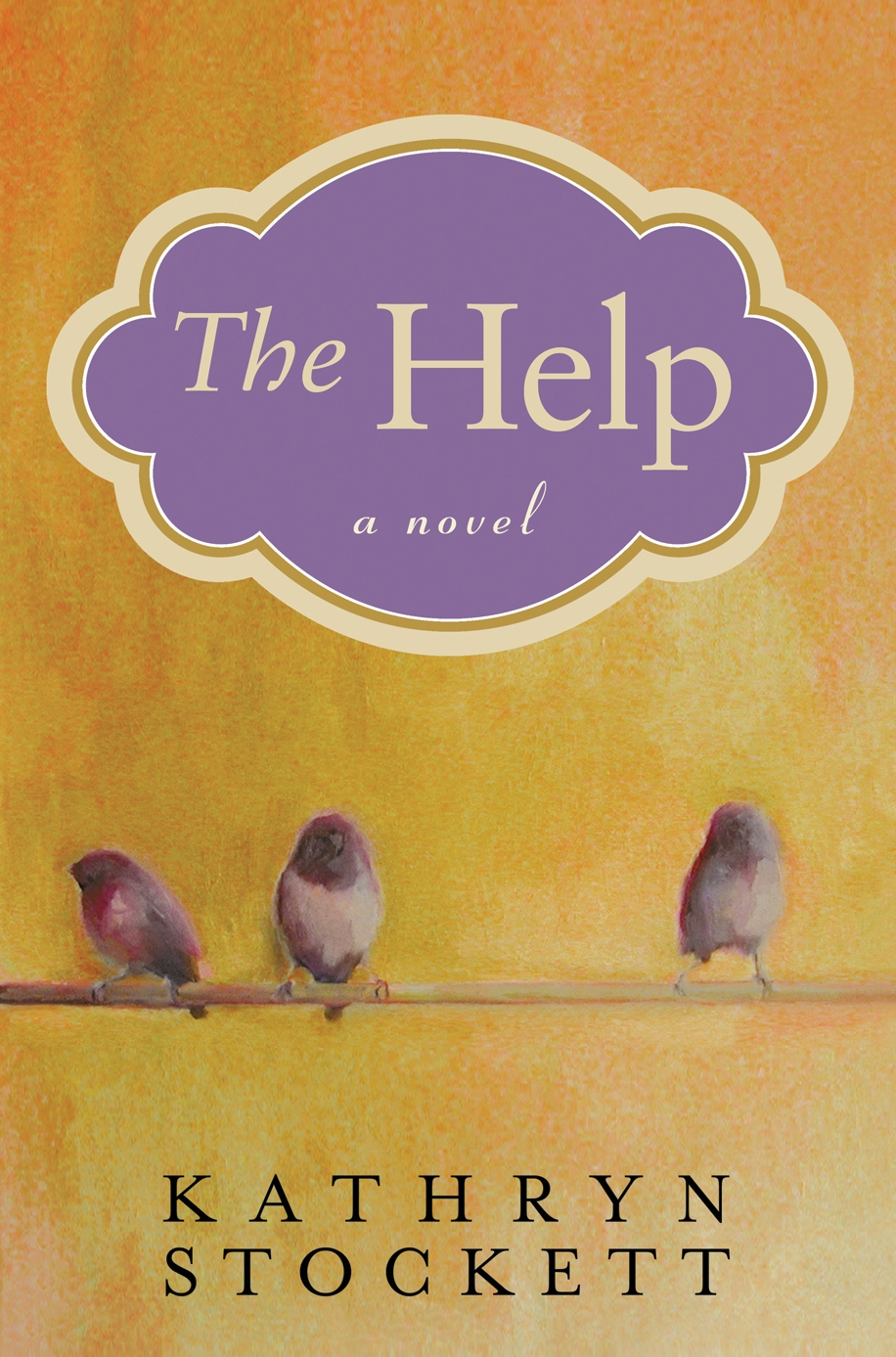Meg Cabot wrote this awesome book about a school called Avalon where characters from the Arthur legend seemed strangely reincarnated in high school students. With a smart, interesting, slightly misfit heroine and a text book, golden boy hero, the book was predictable to a point but with plenty to keep a reader involved and guessing to the very end. While it deviated slightly from the known Arthur legend, it does a good job of remaining true to the stories, as close as any Arthurian tale can.
Then Disney decided to make a movie for their Disney Channel Original Movies series and I am pretty sure I shrieked with excitement. I knew it would be altered and just reading the character bios on the Disney site ratcheted my excitement down a notch or two, but I still retained high hopes.
Then I watched it.
The movie began well-- some deviations of course, but I expected that. It was fun to watch and I knew where things were going. The characters were interesting and I really did care what happened. The movie turned about turned about about average for a Disney Channel Movie.
Allie was a fun, spunky heroine who managed to make friends with the in-crowd the first day in a new school (Avalon High) and still befriend the nerdy Miles. She soon finds that things are not all they seem in her new school, though, and it seems like it's Allie's new job to protect Will-- aforementioned golden boy and quarterback-- from his evil stepbrother, dark secrets about Jen and Lance (Will's girlfriend and best friend), and his own lack of self confidence as college scouts come to the play off football game soon coming up. In the meantime, Allie also makes the track team and pairs up with Miles for a research project about King Arthur. Her parents, medieval scholars, are thrilled about how well she is settling in and about her sudden interest in the Arthur legend. Miles easily stole the show and he wasn't even in the book. With his quick wit and snarky personality, he projected a Sheldon-esque anit-mainstream vibe but still seemed to see himself as a loser. Still, not a bad movie and decently in keeping with the book. Many of the little things the characters did had little impact on the movie, but represented struggles and thoughts faced by the characters in the book.
Then came the finale... *spoilers below the picture*
The first misstep was having the teacher Mr. More be Mordred instead of Will's half brother Marco. In the book, Mr. More was Mr. Morton, a member of the Order of the Bear and swore to protect Arthur. He is a Merlin figure. In the movie, Merlin is Miles, so Morton doesn't need to play that role. But still, changing More to Mordred made it too silly. Marco took the role of the Order of the Bear member bent on protecting Arthur, though he has been an overbearing jerk for the whole movie. So his sudden interest in Arthur's well-fare is rather jarring.
The Absolute WORST part was when Arthur was actually manifested over one of the characters. In the book, Jenn was Guinevere, Lance was Lancelot, and Will was Arthur. Allie-- whose name was Ellie (Elaine)-- was mistaken for Elaine de Astolet, Lancelot's wife. In the end Ellie turned out to be the Lady of the Lake, who gave Arthur a sword (which became Excalibur) that allowed him to defeat the forces of darkness (led by Morderd/Marco). In the movie, Allie turned out to be Arthur.
Really.
Yeah.
Anywho, this leaves Will without a part at all and reinforces that idea that girls are not good enough as girls. Not cool Disney, not cool at all. Apparently the Lady of the Lake is not a cool enough, well-known enough, powerful enough character for a Disney girl to portray. Instead, she has to be a masculine character, ruling in Armor and surrounded by knights. Perhaps my offense partially come from the fact that the Lady of the Lake (Nimue, Vivianne, etc.) is my very favorite Arthurian character. Or that I really like this book and expected Disney to do great things with it. Alas, Disney did not find the story written by Meg Cabot good enough. The Lady of the Lake good enough. And the traditions of Arthur good enough.
So after an average movie with an awful ending, I am sadly disappointed in Disney. This book deserves a real movie with a much better story line.




